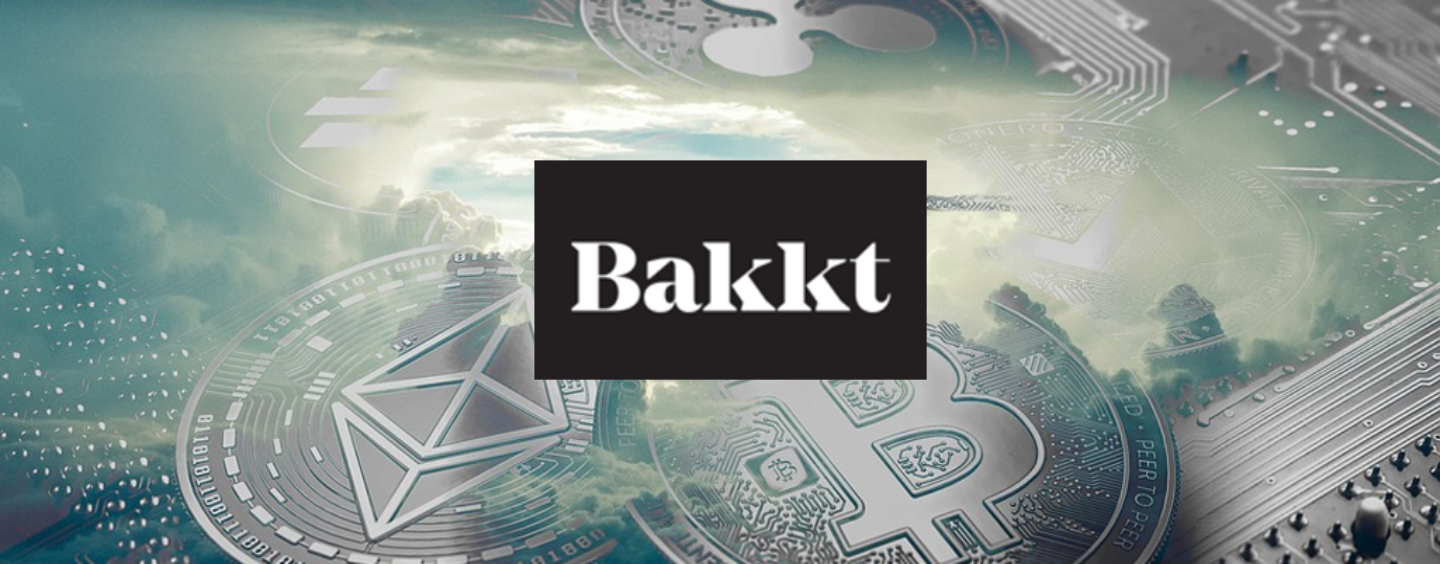
Digital Asset market is worth $270 billion now. Eyeing this massive opportunity, Intercontinental Exchange, the parent company of the New York Stock Exchange (NYSE), has launched the Bakkt ecosystem which will provide a marketplace for digital assets like cryptocurrencies. This ecosystem will be federally regulated to ensure full legal compliance. The Intercontinental Exchange has joined hands with big companies like Microsoft, Starbucks, and BCG to provision various services required for the success of this project. The Bakkt ecosystem is expected to incorporate federally regulated markets and warehousing along with consumer and merchant applications.
Achieving mainstreaming of leading cryptocurrencies like Bitcoin is the founding imperative of Bakkt . The Intercontinental Exchange intends to transform Bitcoin into a highly trusted currency with a global usage. At present, most of the big financial institutions shun it due to various reasons. The aim to offer Bakkt is to enable significant money managers to offer Bitcoin ETFs, pension funds and mutual funds. Jeffery Sprecher is at the forefront of this project, which is expected to create a considerable influence of Wall Street on cryptocurrencies. =
ABOUT THE INTERCONTINENTAL EXCHANGE
The Intercontinental Exchange is a Fortune 500 and Fortune Future 50 organization, which was established in May 2000 in Atlanta, Georgia to revamp commodities markets. In the year 2013, The Intercontinental Exchangeachieved a substantial milestone by acquiring NYSE Euronext, the parent company of the NYSE. Currently, it is the second-largest exchange group globally and controls 23 regulated exchanges and six clearing-houses located all over the world.
The Intercontinental Exchange began with a primary focus on the energy market with products like natural gas, oil, power, jet fuel, and emissions trading. However, with gradual acquisitions of other entities, the Intercontinental Exchange has expanded into other commodities like coffee, sugar, cotton, commodity derivatives, and futures contracts as well. Moreover, they also provide trading of interest rate products and foreign exchange.
Greater price transparency, efficient trading platforms, and enhanced liquidity helped the Intercontinental Exchange in getting the required trader confidence, helping it to cement its reputation as the leading commodities exchange. It has enabled companies to trade various types of commodities without any time or space constraints, assisting them to generate more capital than any other exchange in the entire world. The Intercontinental Exchange joins various markets to let them trade and manage risks across the global commodity market.
Information services are pivotal for traders for making their investment decisions and managing risks associated with commodity markets. The Intercontinental Exchange Data Services is a subsidiary of, which was formed in the year 2003 and provides the connectivity and information services across nearly all types of asset classes. It was established considering the ever-rising demand for data exchange as various markets become more automated. The Intercontinental Exchange continues to invest in its data arm to cater to the fast transforming regulatory environment and market diversification, along with a growing need for data security and independent valuations.

BAKKT ECOSYSTEM PROS
- It will help in curtailing the rivalry between Wall Street and cryptocurrencies. With a financial industry giant like the Intercontinental Exchange launching a cryptocurrency ecosystem there is an increased likelihood of more institutionalized investor making investments in cryptocurrencies.
- Introduction of Bakkt by various established players points to the fact that traditional investors are joining the crypto bandwagon and they want to regularize this industry through enhanced participation.
- Currently, the underlying technology of cryptocurrencies, blockchain, is inherently slow as every transaction is broadcast to every node on the network. However, with the introduction of
Bakkt , the speed problem can be resolved to a great extent. There would be no need to broadcast all the transactions occurring inside the Bakkt ecosystem. Only the payments coming in and out of the Bakkt’s warehouse would need to be broadcast on the blockchain. Bakkt will also act as a qualified custodian for cryptocurrencies enabling various institutions to make investments in the crypto asset class. According to SEC rules, the presence of a qualified custodian is mandatory for investment advisors managing above $150 million.- Financial regulators will be more comfortable with the whole crypto sector due to the involvement of the Intercontinental Exchange.
- Lower frictional costs associated with cryptocurrencies will allow investors to raise capital using the Bakkt ecosystem. With cryptocurrencies, there are no trustees or transfer agents. Moreover, counterparty risk is also minimal.
BAKKT ECOSYSTEM CONS
- Traditional cryptocurrency supporters are staunchly against the idea of placing a large exchange in the middle of Bitcoin payment systems. They argue that the Bitcoin was created with a decentralized architecture in mind, without the need for a centralized custodian acting as the middle-man and charging a transaction fee. The idea of creating a giant regulated crypto exchange may be a popular step in the short term, but in the long term, a decentralized peer-to-peer network is the only mechanism which will fulfill the ultimate goal of creating Bitcoin.
- Experts believe that
Bakkt is Wall Street’s attempt to control cryptocurrencies through financialization via leverage. This tactic involves the creation of more financial claims to the coins when there are less underlying coins in actual reality. Wall Street can easily influence coin prices through derivatives markets.
HOW BAKKT WILL EVOLVE THE CRYPTOCURRENCY INDUSTRY
The Bakkt ecosystem is expected to unite several financial players together in their quest for cryptocurrency trading profits. The diversity of services in the form of custody solutions, asset-tokenization and derivatives will substantially attract consumers, merchants and institutions towards this trading platform encouraging mass crypto adoption.
It is further predicted that Bakkt will help in curtailing cryptocurrency volatility, at least for the Intercontinental Exchange customers. Several experts consider volatility as the most significant barrier to entry. This reduction will be achieved by profiting from Bitcoin volatility through hedging against Bitcoin.
Tokenization is another feature which is expected to come from this platform. Various physical assets can be tokenized through Bakkt which can allow investors to tap untapped liquidity.
No comments:
Post a Comment